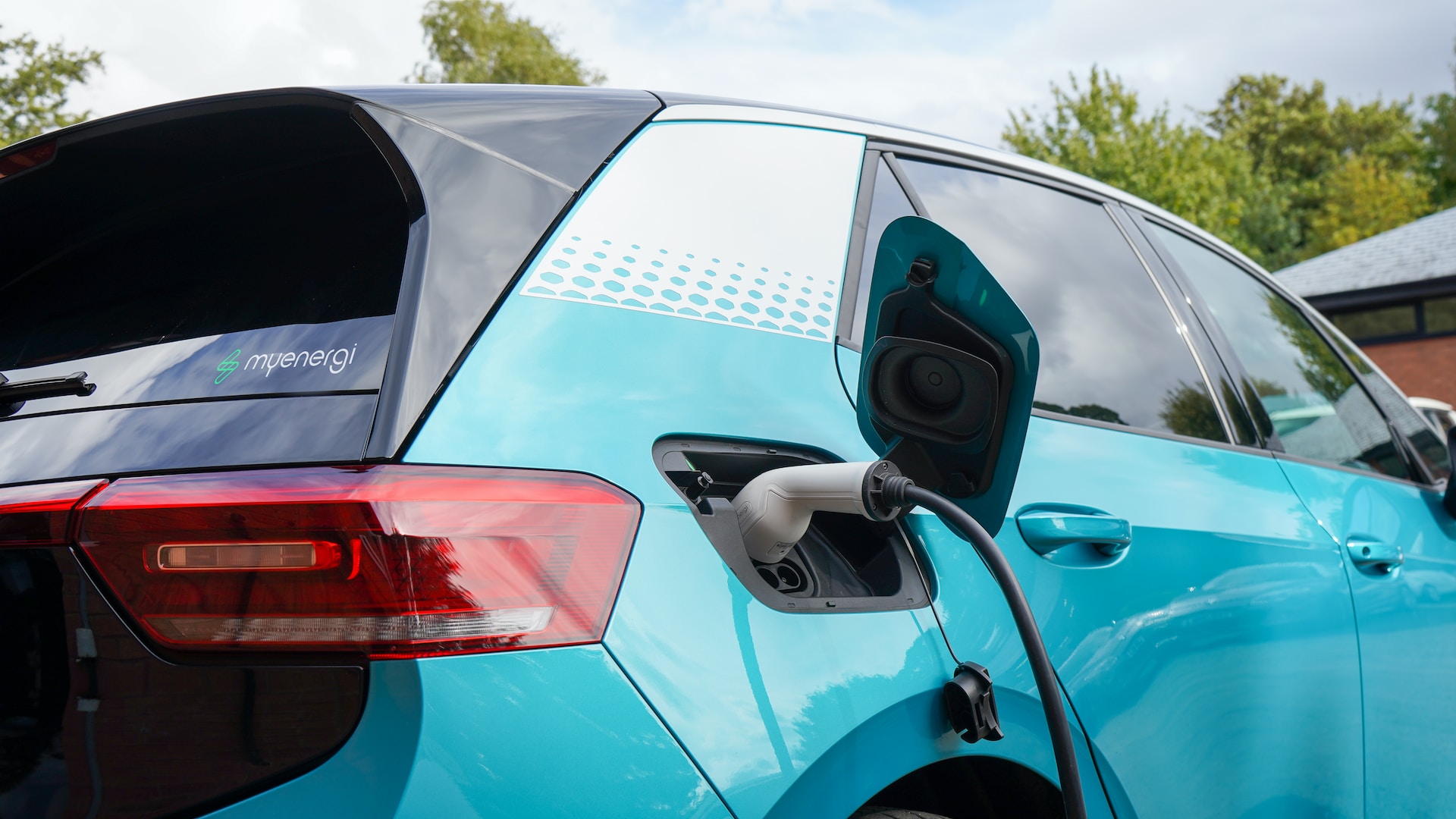
Many of those searching for an electric vehicle in the past year have concluded that there are slim pickings at their local car dealerships. According to a recent study released by the Sierra Club, those deductions are accurate. It’s been determined that the auto industry is sadly failing to meet consumer demand for electric vehicles in the United States.
This study uncovered that less than one-third of car dealerships have electric vehicles for sale, with 66 percent of car dealerships not having even a single EV available for purchase at all. This doesn’t mean all car dealerships are adverse to the idea of selling electric vehicles – dealerships simply can’t meet demands.
Many auto dealerships are interested in selling EVs if they can get their hands on one, but this isn’t the majority sentiment. In fact, most dealerships are bucking at the bit when it comes to adopting EVs. This view is cause for concern considering consumers’ immense uptick in interest in EVs in the US market.
Are automakers becoming quick to adopt EV sales? – The reality
Electric vehicles are quickly becoming a go-to auto option for people throughout the US, but there just aren’t enough cars to satisfy consumer demand.
Besides demand, numerous supply chain issues are plaguing EV production and sales, and numerous inventory struggles whereby dealers cannot stock electric vehicles. These barriers prevent the US from gaining a stronger foothold in the EV market.
However, dealerships aren’t necessarily upset about this fact. We’ve previously reported on how dealerships are marking vehicles up to take advantage of supply constraints and increased consumer demand. This doesn’t end with EVs. One of the worst offending brand dealerships on the list, Hyundai, is a leader in “big auto’s” push toward electrification.
This is, in part, because electric vehicles, while better for the environment, aren’t necessarily better for auto dealerships and manufacturers in terms of sales (profits) and their bottom line. According to the Sierra Club study, some car dealerships refuse to or are not ready to sell electric vehicles to customers. Of the 66 percent of car dealerships not selling an EV to customers, it was determined that 45 percent of them would not accept EVs into their fleet of cars for sale regardless of the circumstances.
This mindset has caused an outcry, especially considering the new Environmental Protection Agency proposals surrounding pollution standards for light-duty vehicles. If manufacturers and car dealerships don’t start making room for EVs, these entities may run afoul of the EPA’s new emissions standards, creating an even bigger problem. After all, the EPA wants up to 67 percent of car sales of new passenger vehicles sold by 2032 to be electric, and this cannot be achieved if dealerships and manufacturers are reluctant to procure or sell EVs.
Climate crisis and automakers still stagnate
With the worrying climate crisis at the forefront of people’s minds, it’s unsurprising that there have been calls for auto manufacturers and car dealerships to do more, especially considering most auto dealers are under-representing EVs.
For example, of the car dealerships surveyed by the Sierra Club, Toyota and Honda dealers had the worst EV availability, with Toyota dealers having an estimated 15 percent of ready-to-buy vehicles as electric. Honda had only 11 percent.
Sierra Club Director Katherine Garcia is amongst the voices calling for action: “We are in a climate crisis and at a major inflection point for the American electric vehicle industry, and yet automakers are still pumping out millions of gas-powered vehicles while they lag on their EV commitments.”
She further said, “To help avoid the worst impacts of climate disruption and protect our communities, it’s important that we accelerate the transition to all-electric vehicles. Enough empty promises: The auto industry must step on the accelerator and get electric vehicles on dealership lots now.”
The public wants more electric vehicles. It is now up to auto manufacturers and dealerships selling their vehicles to match that demand.



